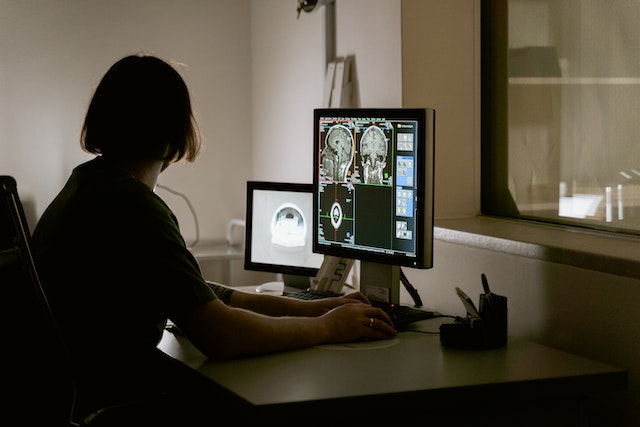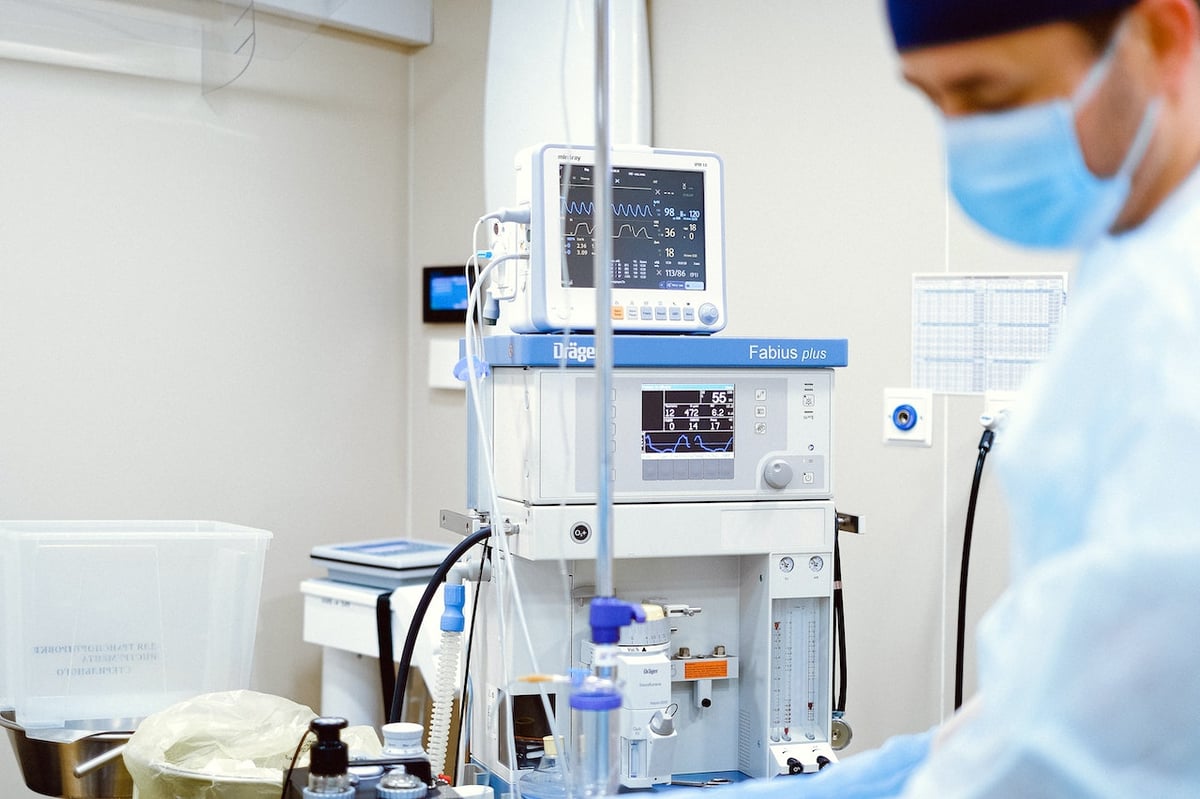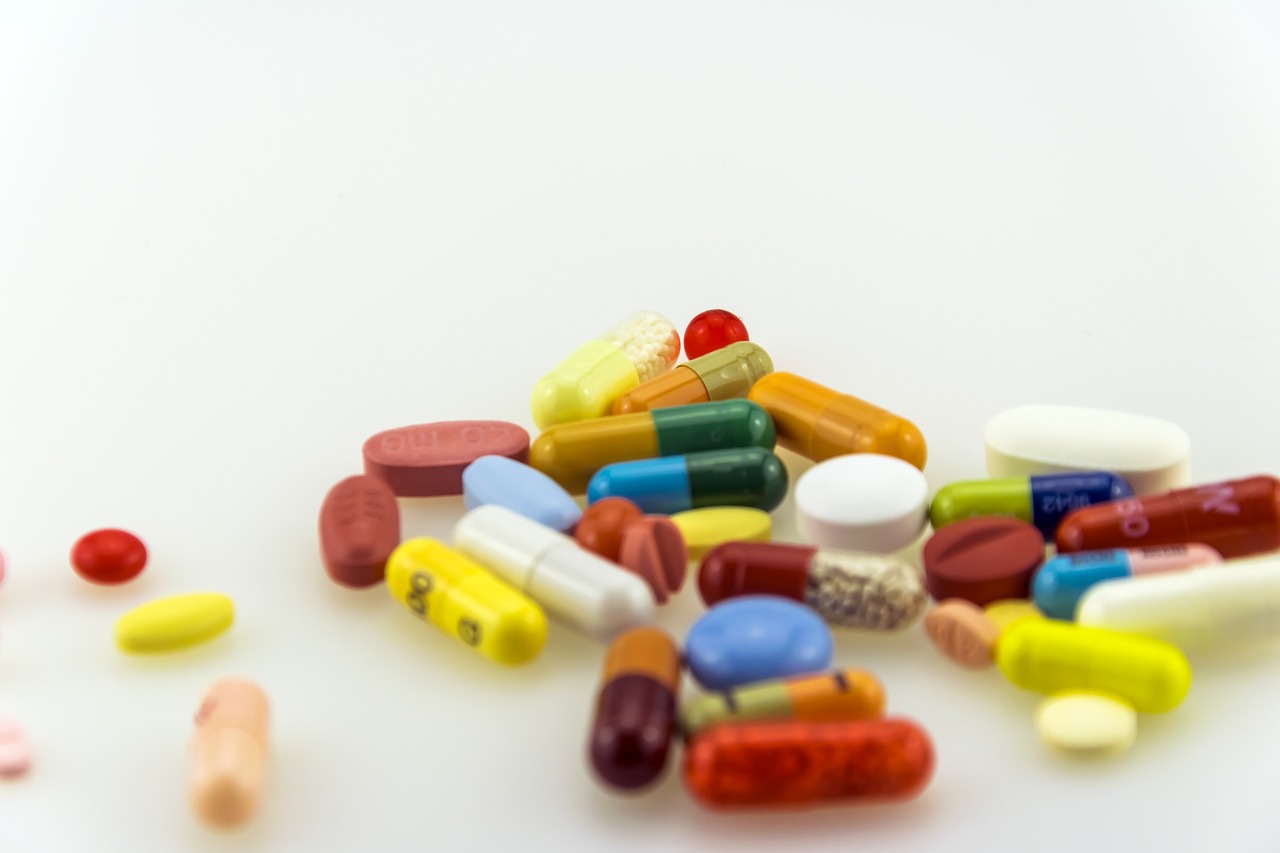The rapid adaptation of artificial intelligence and machine learning to our world has led to many innovative solutions. The medical industry, too, has decided to capitalize on the potential that lies in this disruptive phenomenon. This bold step from the medical point of view is extremely important. And that's because it contributes to the development of devices that make it possible to save patients' health and increase the possibilities for modern medical treatment. This time I will focus my reflections on the prospects for the development of the medical industry using modern technology in the form of AI.
Table of Contents:
1. The Capabilities of AI in the Medical Industry.
2. What is the responsibility of the Medicines and Healthcare products Regulatory Agency?
3. The FDA's Role in Developing the Medical Sector with the Latest Technology.
4. Potential and Importance of AI and ML in the Medical Industry.
The Capabilities of AI in the Medical Industry
The first associations that artificial intelligence evokes certainly relate to GPT Chat, which has been popular for some time. However, the capabilities of artificial intelligence go far beyond generating answers to user-asked questions. In the case of the medical industry, we are currently dealing with work that is expected to contribute in the near future to better imaging, analyzing data, diagnosing ailments, and in the future perhaps performing complex surgeries. Supporting human medical work is extremely necessary, as we saw during the Covid-19 pandemic.

According to GlobalData Healthcare, the value of AI platforms to the MedTech industry is projected to be $4.3bn by 2024. Along with the hopes placed on the emergence of the new technology and the opportunities it brings, there is also no shortage of voices expressing their concerns. Increasingly, the topic of regulations that would systematize the activities of artificial intelligence is being raised.
What is the responsibility of the Medicines and Healthcare products Regulatory Agency?
Despite the opportunities presented by AI in healthcare, concerns have also been raised regarding the need for regulations to systematize the use of the technology. The UK government has responded to such concerns, initiating work under the Medicines and Healthcare products Regulatory Agency (MHRA) to ensure that the use of Software as Medical Devices (SaMD) is safe and effective for clinical treatment. The MHRA's objectives include helping manufacturers with pre-market and post-market inquiries, conducting technical file assessments and post-market monitoring procedures, and ensuring medical device regulation is fit for purpose and supported by robust guidance. The agency also interacts with various stakeholders such as business, healthcare organizations and professionals, patients, and the general public to support its functions.
Therefore, work began under the Medicines and Healthcare products Regulatory Agency (MHRA), whose objectives included:
-
helping manufacturers with pre-market and post-market inquiries
-
performing technical file assessments and post-market monitoring procedures
-
clinical investigation and extraordinary use authorization technical and clinical elements review
-
ensuring medical device regulation is fit for purpose, meets the needs of software as well as AI, and is supported by robust guidance
-
interacting with stakeholders to support the aforementioned functions, such as business, healthcare organizations and professionals, patients, and the general public.

Both technologies including artificial intelligence and machine learning have the potential to significantly transform the current look of health care in any country in the world. Necessary for this is the abundance of data generated during the daily medical services provided by healthcare facilities. Manufacturers responsible for creating medical devices are transforming this data for improvements to their products. Greater access to data and acting on real cases will help improve patient care in the future. This confirms, among other things, the ability of AI/ML systems to extract the necessary knowledge and experience from real-world use. Along with technological solutions, the efficiency of the systems will improve to support the work of doctors in areas with too many patients in need of medical care.
The FDA's Role in Developing the Medical Sector with the Latest Technology
Like the UK, the US has decided to focus on developing the medical sector with the latest technology. To this end, the Food and Drug Administration (FDA) constantly reviews medical devices through a strict process. All this is done to ensure that innovations introduced meet all standards before they are officially introduced into the medical market. The FDA is also responsible for reviewing and modifying software and medical devices. In its suggestions, the organization lets manufacturers know how important it should be to engage in transparency and performance monitoring for AI and ML-based solutions.
The regulations the FDA mentions would help generate assessments and observe software development before putting it in the hands of working medics with patients. This approach could allow the FDA's regulatory oversight to leverage the iterative improvement power of artificial intelligence and machine learning-based software as a medical device, while ensuring patient safety.
As part of the AI/ML roadmap, the FDA underscores its intention to develop updates to the proposed regulatory framework outlined in the AI/ML-based SaMD discussion paper, including by issuing draft guidance on a predetermined change control plan.

Potential and Importance of AI and ML in the Medical Industry.
In conclusion, the integration of artificial intelligence and machine learning into the medical industry brings about tremendous potential for innovative solutions and improvements in patient care. However, it is essential to address concerns and establish regulations that ensure the safety and effectiveness of AI and ML-based medical devices. The UK and US government's initiative under the MHRA and the FDA's proposed regulatory framework are important steps towards achieving this goal. With proper implementation and monitoring, AI and ML-based technologies can significantly transform healthcare and improve patient outcomes.


%20(1).jpg)



